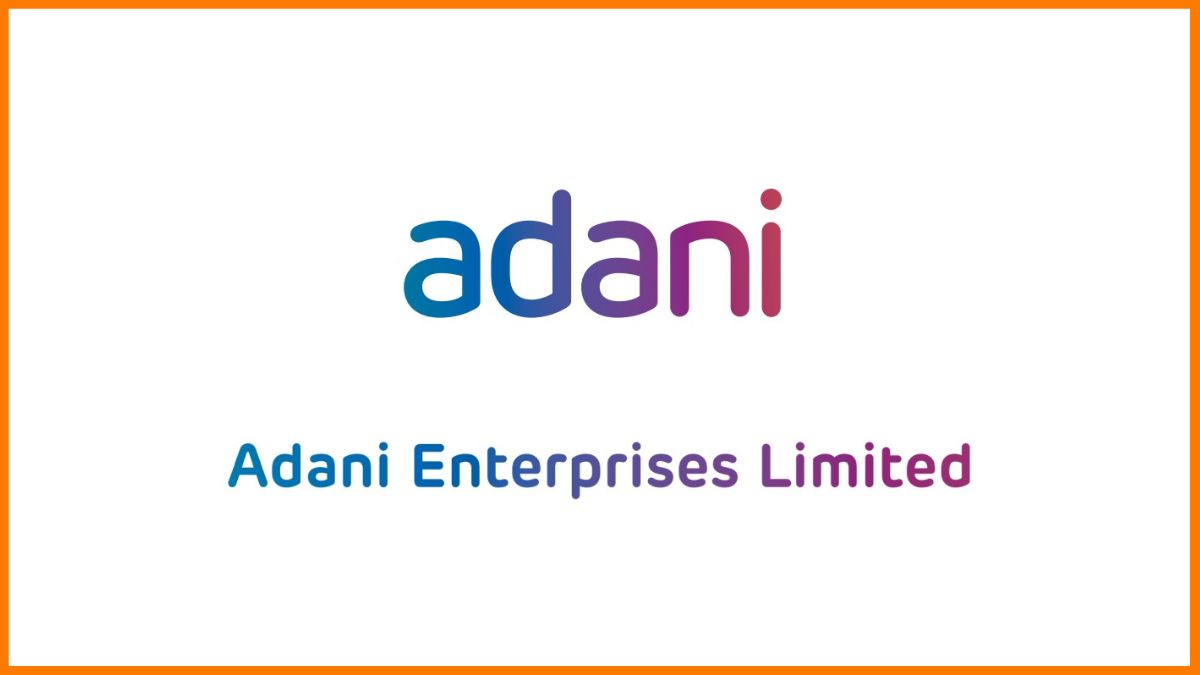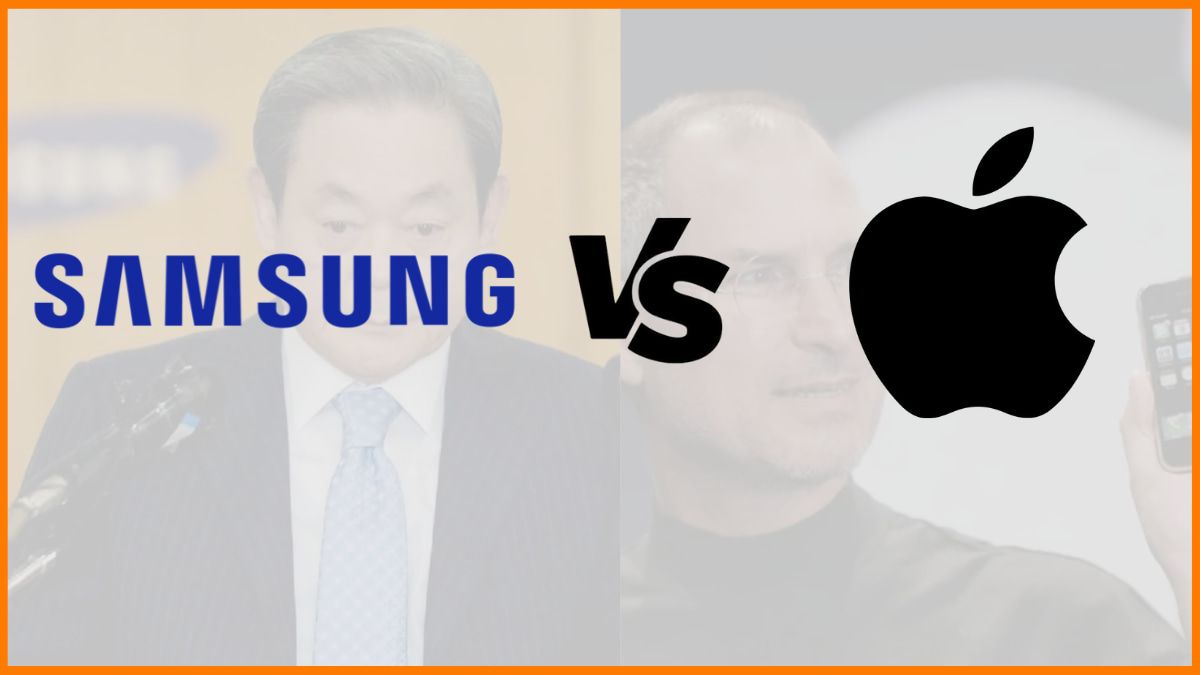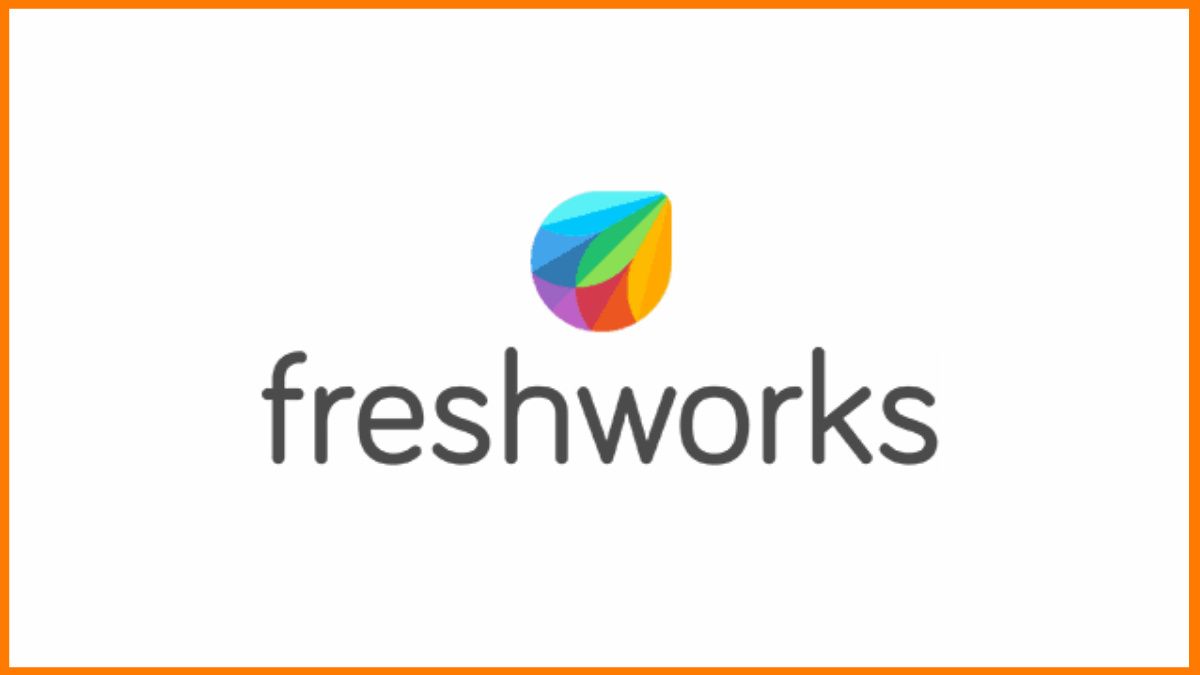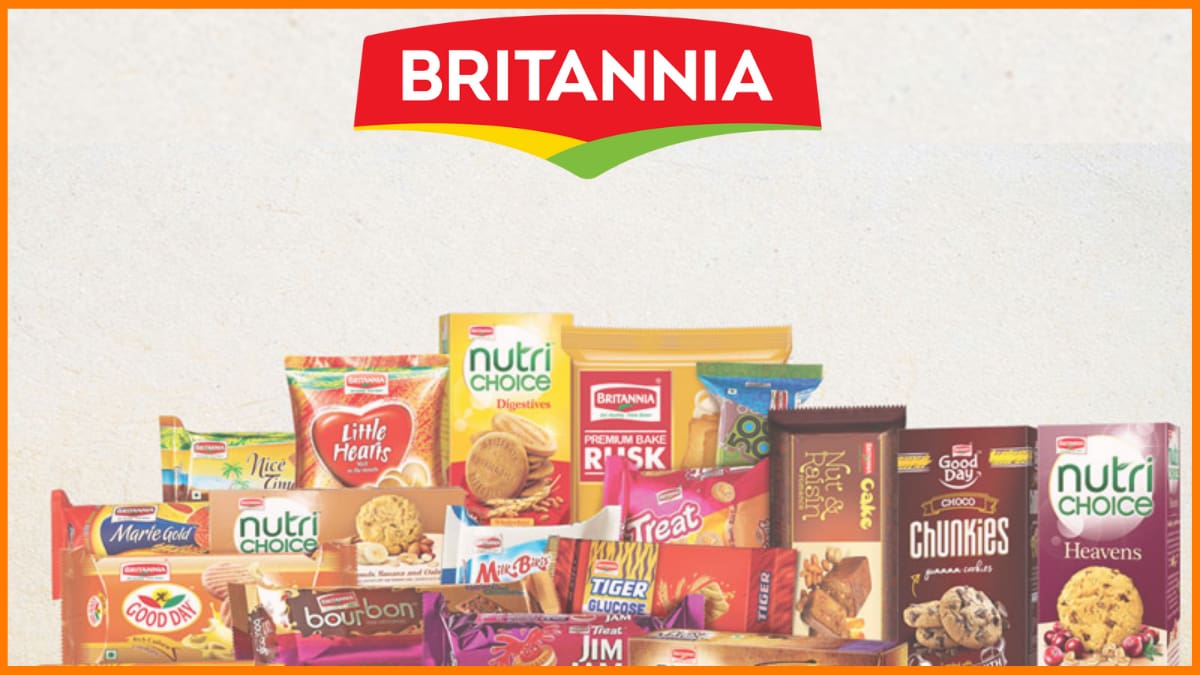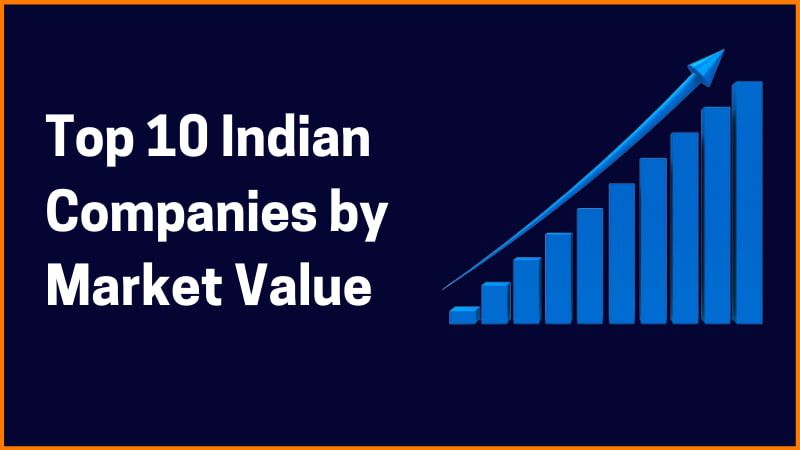India has been a hub for international businesses for several decades, and the presence of multinational companies has played a crucial role in boosting the country’s economy. The Indian market offers a vast consumer base and a skilled workforce, making it an attractive destination for MNCs to set up shop. In recent years, the Indian economy has seen significant growth, and several multinational corporations have contributed to this growth through their success in various sectors. Indian MNC companies are expanding rapidly across global markets, showcasing the strength and innovation of India’s corporate sector.
In this article, we will take a closer look at the top 26 successful multinational companies in India that have made their mark in the Indian market.
Top Multinational Companies In India
| S.No | Company | Industry | Headquarters | Founded Year |
|---|---|---|---|---|
| 1 | Tata Group | Conglomerate | Mumbai | 1868 |
| 2 | Aditya Birla Group | Conglomerate | Mumbai | 1857 |
| 3 | Infosys | Information Technology | Bengaluru | 1981 |
| 4 | HCL Technologies | Information Technology | Noida | 1976 |
| 5 | Wipro | Information Technology | Bengaluru | 1945 |
| 6 | Google India | Technology | Bengaluru | 2004 (India) |
| 7 | Amazon India | Retail/ECommerce | Bengaluru | 2013 (India) |
| 8 | Apple India | Technology | Bengaluru | 2011 (India) |
| 9 | Microsoft India | Technology | Hyderabad | 1990 (India) |
| 10 | Nestle India | Food and Beverage | Mumbai | 1959 |
| 11 | IBM | IT and Consumer Behavior | Mumbai | 1992 (India) |
| 12 | Coca-Cola | Beverage | Delhi | 1993 (India) |
| 13 | Hindustan Unilever | FMCG | Mumbai | 1933 |
| 14 | Toyota | Automobile | Bengaluru | 1997 (India) |
| 15 | LG | Consumer Electronics | Delhi | 1997 (India) |
| 16 | Citi Bank | Financial Services | Mumbai | 1902 (India) |
| 17 | HP | Information Technology | Bengaluru | 1989 (India) |
| 18 | Sony | Consumer Electronics | Delhi | 1994 (India) |
| 19 | Samsung | Consumer Electronics | Delhi | 1995 (India) |
| 20 | DHL | Logistics | Mumbai | 1979 (India) |
| 21 | Adidas India | Sportswear | Gurugram | 1996 (India) |
| 22 | Mercedes Benz India | Automobile | Pune | 1994 (India) |
| 23 | Panasonic | Consumer and Industrial Electronics | Gurugram | 1972 (India) |
| 24 | Procter and Gamble | FMCG | Mumbai | 1964 (India) |
| 25 | PepsiCo | Consumer Staples | Gurugram | 1989 (India) |
| 26 | Cognizant | Information Technology | Chennai | 1996 |
Tata Group
| Company Name | Tata Group |
|---|---|
| Founder | Jamsetji Tata |
| Founded | 1868 |
| Revenue | $165 billion (2024) |
| Number of Employees | 10,28,000 (FY 2023) |
When it comes to multinational companies in India, the Tata Group is a name that needs no introduction. Founded in 1868 by Jamsetji Tata, the company has been a symbol of trust and reliability in the Indian market for over a century.
With a presence in 100+ countries across six continents, the Tata Group has established itself as a global player in various sectors, including steel, automotive, hospitality, and more. Their headquarters is in Mumbai, and the group employs over 9,00,000 people worldwide, making it one of the largest employers in India. It is one of the top 10 MNCs in India.

Aditya Birla Group
| Company Name | Aditya Birla Group |
|---|---|
| Founder | Seth Shiv Narayan Birla |
| Founded | 1857 |
| Revenue | $65 billion (2024) |
| Number of Employees | 187,000 (2024) |
Aditya Birla Group is a global conglomerate that operates in 36 countries in North and South America and Africa. Seth Shiv Narayan Birla founded this company in 1857. Over 140,000 employees are a part of this ever-growing company. The company is headquartered in Mumbai. It is one of the top 5 MNC companies in India.
We all famously know Aditya Birla Group for its subsidiary company UltraTech Cement Limited, which is the largest manufacturer of cement in India.

Infosys
| Company Name | Infosys |
|---|---|
| Founder | N.R Narayan Murthy, Nandan M. Nilekani, S. Gopalakrishnan, S.D. Shibulal, K. Dinesh, N.S. Raghavan, Ashok Arora |
| Founded | 1981 |
| Revenue | $18.6 billion (2024) |
| Number of Employees | 3,17,240 (2024) |
Infosys Limited is an Indian multinational information technology company that provides a wide variety of services like business consulting, innovative IT solutions and outsourcing services. It is the 2nd largest IT company, which was founded in 1981. It operates in 50+ countries and has 3 lakh employees working for them. It is one of the top 10 MNC companies in India.

HCL Technologies
| Company Name | HCL Technologies |
|---|---|
| Founder | Shiv Nadar, Arjun Malhotra |
| Founded | 1991 |
| Revenue | $13.4 billion (2024) |
| Number of Employees | 2,27,481 (2024) |
India has seen the rise of several successful multinational companies over the years, and HCL Technologies is undoubtedly one of them. Founded in 1991 by Shiv Nadar and Arjun Malhotra, HCL Technologies (Hindustan Computers Limited) is an Indian multinational company that has made its mark in the global market. The company focuses on IT and Business Services (ITBS), Engineering and R&D Services (ERS), and Products and Platforms (P&P). HCL Technologies is top 5 MNC companies in India.

Wipro
| Company Name | Wipro |
|---|---|
| Founder | M.H. Hasham Premji |
| Founded | 1945 |
| Revenue | INR 898 billion (2024) |
| Number of Employees | 2,56,000 (2024) |
Wipro is an Indian multinational company that is globally known for its IT services. The company provides an array of services like robotics, cloud, cognitive computing, hyper-automation, and analytics. Wipro also focuses on consulting and outsourcing. The headquarters of Wipro is in Bengaluru. It is one of the top 10 MNC companies in India.

Google India
| Company Name | Google India |
|---|---|
| Founder | Larry Page, Sergey Brin |
| Founded | 1998 |
| Revenue | $237.8 billion (2023) |
| Number of Employees | 1,82.381 (2023) |
Google needs no introduction. Google India Pvt Ltd is a subsidiary of Google Inc., which was founded in 2003. More than 1 lakh employees are working for this company.
Google, one of the prominent MNC companies in India, has established its presence with offices in Hyderabad, Bangalore, Gurgaon, and Mumbai. It is one of the top 10 multinational companies in India.
Amazon India
| Company Name | Amazon India |
|---|---|
| Founder | Jeff Bezos |
| Founded | 1994 |
| Revenue | INR 22,198 crore (2023) |
| Number of Employees | 1,25,000 (2023) |
Another company where a lot of people want to work is Amazon India Pvt Ltd. The aim of this company is to make the experience of buying online smoother and faster.
The company is thinking from the perspective of the Indian audience and solving unique problems like providing opportunities for small retailers to sell online, regional discovery, fast delivery in small towns, reliable payment options and much more. Apart from e-commerce, the company also focuses on digital streaming, cloud computing, machine learning and AI. It is one of the top 20 MNC companies in India.

Apple India
| Company Name | Apple India |
|---|---|
| Founder | Steve Jobs, Steve Wozniak, Ronald Wayne |
| Founded | 1976 |
| Revenue | $8 billion (2024) |
| Number of Employees | 5,00,000 (2024) |
The influence of multinational companies in India can be seen in various sectors, including technology. One such company that has made a mark in the Indian market is Apple India, a subsidiary of the global tech giant Apple Inc. Incorporated in 1996, Apple India has been a prominent player in the Indian smartphone and computer market. It is one of the top 10 multinational companies in India.

Microsoft India
| Company Name | Microsoft India |
|---|---|
| Founder | Bill Gates, Paul Allen |
| Founded | 1975 |
| Revenue | INR 19, 354 crore (2023) |
| Number of Employees | 20,000 (2023) |
Microsoft India Pvt Ltd is a subsidiary subsidiary of Microsoft Corporation that was incorporated in 1990. The head office of the company is in Hyderabad. Microsoft India has ten offices in different cities of India: Ahmedabad, Bangalore, Chennai, Hyderabad, Kochi, Kolkata, Mumbai, New Delhi, Noida, Gurgaon and Pune.

Nestle India
| Company Name | Nestle India |
|---|---|
| Founder | Henri Nestle |
| Founded | 1866 |
| Revenue | INR 245 billion (2024) |
| Number of Employees | 8912 (2024) |
Nestlé India Limited is a subsidiary of the Swiss multinational company Nestlé. It is the world’s largest food and beverage company.
Nestlé India Limited, a prominent MNC company in India, is actively engaged in the production and marketing of various food and beverage products. Some of the popular brands offered by Nestlé in India include Maggi, Nescafé, KitKat, Munch, Milkybar, Nestlé Milk, and more. It is one of the top 20 MNC companies in India.

IBM
| Company Name | IBM |
|---|---|
| Founder | Herman Hollerith, Thomas J. Watson, Charles Ranlett Flint |
| Founded | 1911 |
| Revenue | INR 28,052.8 crore (2023) |
| Number of Employees | 130,000 (2024) |
IBM, short for International Business Machines Corporation, is a globally renowned multinational technology company. Established on June 16, 1911, IBM has a rich history of innovation and leadership in the technology industry. Over the years, it has evolved into a prominent provider of advanced information technology, software, hardware, and consulting services worldwide.

Coca-Cola
| Company Name | Coca Cola |
|---|---|
| Founder | Asa Griggs Candler |
| Founded | 1892 |
| Revenue | INR 127 billion (2023) |
| Number of Employees | 25000 (2024) |
Coca-Cola is one of the world’s largest beverage companies, and it operates in various countries, including India. The company has a long history in India and has been a prominent player in the Indian non-alcoholic beverage market.
Coca-Cola India offers a diverse portfolio of products, including its iconic carbonated soft drinks such as Coca-Cola, Diet Coke, Fanta, Sprite, and Thums Up, along with a range of non-carbonated beverages like Minute Maid juices, Maaza, and Kinley packaged drinking water.

Hindustan Unilever
| Company Name | Hindustan Unilever |
|---|---|
| Founder | Hindustan Vanaspati Mfg. Co. Ltd., United Traders Ltd., Lever Brothers |
| Founded | 1933 |
| Revenue | INR 618.9 billion (2024) |
| Number of Employees | 27,764 (2024) |
Established in 1931, Hindustan Unilever (HUL) boasts a rich legacy of over 90 years and has evolved into one of the premier FMCG brands, “U-Work” gigs, and globally. With a diversified portfolio encompassing personal care products, food, beverages, and various consumer goods, HUL has firmly established itself as a market leader in India and beyond. It is one of the top 20 MNC companies in India.
Toyota
| Company Name | Toyota |
|---|---|
| Founder | Kiichiro Toyoda |
| Founded | 1894 |
| Revenue | $274.942 billion (2023) |
| Number of Employees | 3,75,235 (2023) |
As a prominent and globally recognized automotive company, Toyota stands out as a leading force in the international car market. Marking its entry into the Indian market in 1997, Toyota has since made significant strides, introducing a range of successful cars that have propelled it to a dominant position with a substantial market share.

LG
| Company Name | LG |
|---|---|
| Founder | Koo In-Hwoi |
| Founded | 1969 |
| Revenue | US $62.32 billion (2023) |
| Number of Employees | 74,000 (2023) |
LG, a renowned MNC company of consumer electronics and appliances manufacturer based in South Korea, has been an integral part of households worldwide. Since its foray into the Indian market in 1997, LG has consistently delivered a diverse range of reliable products, including washing machines, refrigerators, televisions, smartphones, and keypad mobiles.

Citi Bank
| Company Name | Citibank |
|---|---|
| Founder | Samuel Osgood |
| Founded | 1812 |
| Revenue | US $78.5 billion (2023) |
| Number of Employees | 2,00,000 (2023) |
Citibank, a prominent multinational financial institution, has solidified its position as a top player in the Indian banking sector. Established in 1812, the bank brings a rich history and a global reputation for excellence to its operations in India. Offering a total suite of financial services, Citibank caters to diverse needs, including savings accounts, loans, deposits, mortgages, investment funds, credit and debit cards, insurance, electronic banking, capital markets, advisory services, and private banking.
HP
| Company Name | Hewlett-Packard (HP) |
|---|---|
| Founder | Bill Hewlett and Dave Packard |
| Founded | 1939 |
| Revenue | US $53.7 billion (2023) |
| Number of Employees | 58,000 (2023) |
Established in 1939 by the visionary duo Hewlett and David Packard, Hewlett-Packard India Sales Pvt Ltd has emerged as a stalwart in the Information Technology sector. The company’s global headquarters is situated in Palo Alto, California, marking its status as an American multinational IT MNC. Renowned for its expansive portfolio, Hewlett-Packard has been a trailblazer in developing and delivering an extensive range of hardware components and software-related services. It is one of the top 20 MNC companies in India.

Sony
| Company Name | Sony Corporation |
|---|---|
| Founder | Akio Morita, Masaru Ibuka |
| Founded | 1946 |
| Revenue | US $88.935 billion (2023) |
| Number of Employees | 1,13,000 (2024) |
A subsidiary of the globally acclaimed Sony Corporation, Sony India stands as one of the premier MNC company in India. Originating from Japan, Sony Corporation was established in 1946, and its Indian venture commenced in 1994, introducing an extensive array of electronics such as mobile phones, televisions, cameras, PlayStations, and more.
Samsung
| Company Name | Samsung |
|---|---|
| Founder | Lee Byung-chul |
| Founded | 1938 |
| Revenue | $200.26 billion (2023) |
| Number of Employees | 2,70,372 (2023) |

Samsung is a renowned multinational corporation that has firmly established itself as a key player in the Indian market. Originating from South Korea, Samsung has been on a journey of technological innovation and consumer electronics excellence since it entered India. Over the years, it has become synonymous with cutting-edge products, including smartphones, televisions, home appliances, and more.
DHL
| Company Name | DHL |
|---|---|
| Founder | Adrian Dalsey, Larry Hillblom, Robert Lynn |
| Founded | 1969 |
| Revenue | US $100 billion (2022) |
| Number of Employees | 5,86,404 (2023) |

DHL is a well-known international courier and logistics MNC company that has established itself as a successful player in the Indian market. As a crucial link in the global supply chain, DHL plays a vital role in facilitating international trade and commerce. Their presence in India offers customers a comprehensive range of logistics services, such as express parcel delivery, freight transportation, and supply chain solutions.
Adidas India
| Company Name | Adidas India |
|---|---|
| Founder | Adolf Dassler |
| Founded | 1949 |
| Revenue | $23.80 billion |
| Number of Employees | 59,030 |

This multinational conglomerate traces its roots back to the trails of World War I. Led by Adolf Dassler and his sibling Rudi Dassler, the Dassler family began manufacturing shoes in their mother’s house. Adidas had its shining moment and gained international attention when American track-and-field star Jesse Owens wore it in the 1936 Berlin Olympics.
Mercedes Benz India
| Company Name | Mercedes Benz |
|---|---|
| Founder | Daimler-Motoren-Gesellschaft and Carl Benz |
| Founded | 1926 |
| Revenue | $101 billion (2024) |
| Number of Employees | 166,000 |

Mercedes-Benz is a globally renowned luxury automobile brand, headquartered in Stuttgart, Germany. Founded in 1926, it originated from Daimler-Benz, which combined two pioneers in automotive history—Karl Benz, who built the world’s first car, and Gottlieb Daimler. The company is now part of Mercedes-Benz Group AG.
Panasonic
| Company Name | Panasonic |
|---|---|
| Founder | Konosuke Matsushita |
| Founded | 1918 |
| Revenue | $54 Billion (2024) |
| Number of Employees | 228,420 |

Panasonic, formerly known as Matsushita Electric, was founded in 1918 by Kōnosuke Matsushita as a vendor of duplex lamp sockets. The corporation ran factories in Japan and other Asian countries during World War II that produced electrical products and parts, including light fixtures, motors, electric irons, wireless equipment, and the first vacuum tubes.
Procter and Gamble
| Company Name | Procter and Gamble (P&G) |
|---|---|
| Founder | William Procter & James Gamble |
| Founded | 1837 |
| Revenue | $40.5 Billion (2024) |
| Number of Employees | 88,000 |

Procter & Gamble (P&G) is a leading American multinational consumer goods company, headquartered in Cincinnati, Ohio. Founded in 1837 by William Procter and James Gamble, the company is known for its wide range of household, health, and personal care products. P&G operates in over 180 countries and is recognized for its portfolio of trusted, globally popular brands.
The company boasts more than 65 brands, many of which are market leaders in their respective industries.
PepsiCo
| Company Name | PepsiCo |
|---|---|
| Founder | Caleb Bradham |
| Founded | 1965 |
| Revenue | $3.08 Billion (2024) |
| Number of Employees | 318,000 |

PepsiCo is a global leader in the food and beverage industry, headquartered in Purchase, New York. Founded in 1965 through the merger of Pepsi-Cola and Frito-Lay, it has grown into a powerhouse with a diverse portfolio of snacks, beverages, and nutrition products.
PepsiCo operates in over 200 countries through six key divisions: Frito-Lay North America, PepsiCo Beverages North America, Quaker Foods North America, Latin America, Europe, and Asia, Middle East & Africa.

Cognizant
| Company Name | Cognizant |
|---|---|
| Founder | Kumar Mahadeva, Francisco D’Souza, and Srini Raju |
| Founded | 1994 |
| Revenue | $19.3- $19.5 billion (Expected in 2024) |
| Number of Employees | 336,300 |

Cognizant is a leading global technology services and consulting company, headquartered in Teaneck, New Jersey. Founded in 1994 as an IT development and maintenance arm of Dun & Bradstreet, it has since grown into a multinational provider of digital, technology, and consulting services.
Conclusion
In conclusion, the presence of multinational companies in India has been a significant contributor to the country’s economic growth. The Indian market offers vast potential for international businesses, and several companies have leveraged this opportunity to establish themselves as global players. Indian MNCs are playing a crucial role in shaping the global business landscape with their growing international presence.
In this article, we have looked at the top 26 successful MNC in India that have made their mark in various sectors, including technology, hospitality, and more. These companies have not only brought in foreign investment but have also created job opportunities for millions of people across the country. With the Indian economy poised for further growth, it will be interesting to see how these companies evolve and contribute to India’s development in the years to come.
FAQs
What are MNCs?
MNCs, or Multinational Companies, are enterprises that operate in multiple countries, including India.
Which is the top MNC in India?
Tata, Wipro, Nestle India, Aditya Birla, and Infosys are some of the top MNC in India.
How are the top MNCs in India determined?
The ranking of top MNCs in India is usually based on various factors, including revenue, market share, brand reputation, growth rate, and social impact.
How many MNCs are there in India?
There are over 290,000 MNCs in India.
How do MNCs contribute to the Indian economy?
MNCs play a crucial role in the Indian economy by bringing in foreign direct investment, creating job opportunities, introducing new technologies, enhancing skill development, and contributing to the country’s export and tax revenues.
Are there any challenges that MNCs face while operating in India?
MNCs in India may encounter challenges such as regulatory complexities, cultural differences, competition from local players, and managing diverse markets across different states and regions. However, successful companies adapt and navigate these challenges to thrive in the Indian market.






























